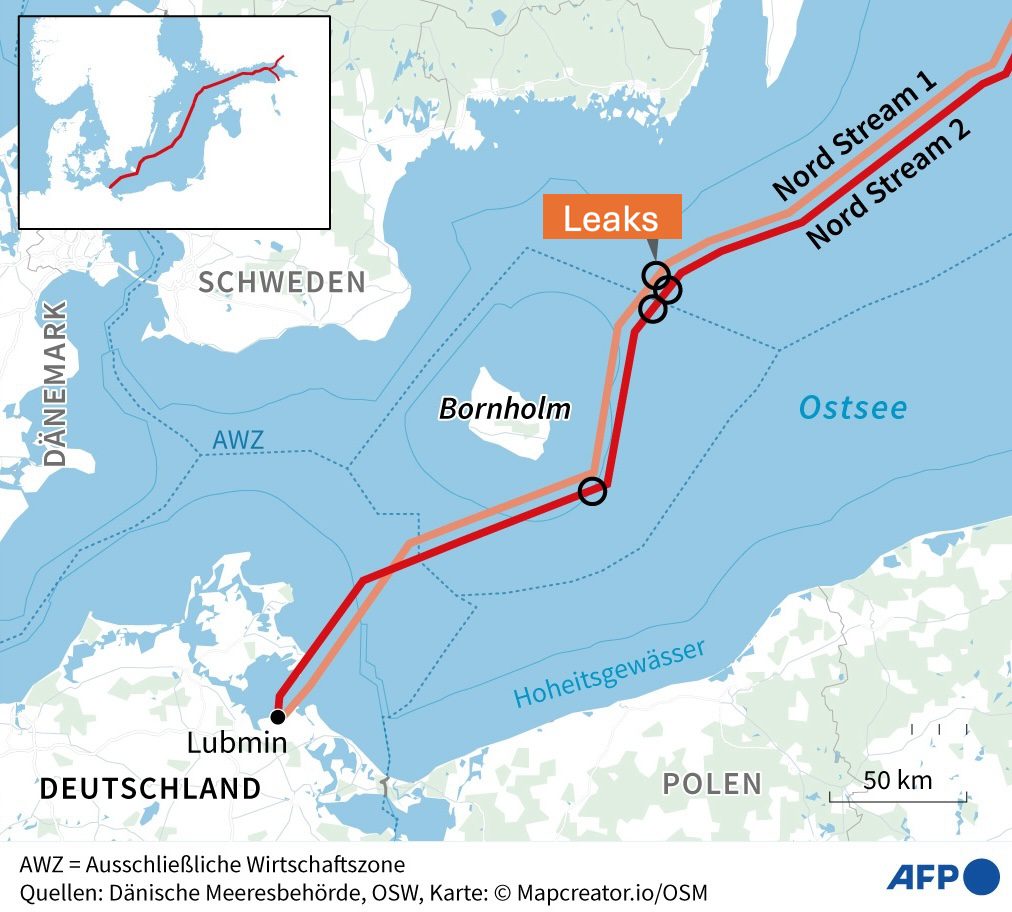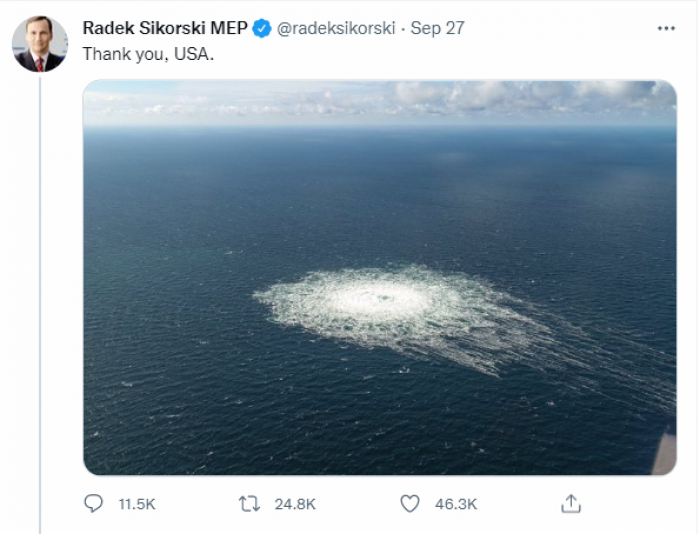So, Prigozhin captured a Russian Colonel (after what appears to be a real firefight), and interrogated him and made him “admit” that Russia troops had fired on Wagner mercenaries.
He has also accused the Ministry of Defense (MoD) of not supplying enough ammunition and of setting explosives along the route that Wagner used to leave Bakhmut, among other things. What Prigozhin is saying, repeatedly, is “the bureaucrats are stabbing us in the back, that’s why the war isn’t going well.”
Soto Voce, of course, this is an attack on Putin, whom the hard right blames for not going full war economy, not retaliating against the West’s supply of Ukraine and keeping the gloves on (which he has, if he hadn’t, there wouldn’t be power on anywhere in Ukraine.)
Almost anyone but Prigozhin saying such things would have been in prison now, and I think Putin is making a mistake if he doesn’t make an example of Prigozhin: the kidnapping of a Colonel was over the line. Since Wagner has withdrawn from combat anyway (just in time to avoid the counter-attack, so that if Ukraine has a good counter-attack they can say “we took it, the MoD lost it), well, it’s time.
Wagner was useful because it was a prison-to-frontline piprline. It took heavy casualties of people whose deaths don’t matter to Russia. Prisoners are also ideal in that a normal person is often taken from a job. A prisoner was just an expense: if he gets dead, almost no one cares.
This is, of course, the truth behind Putin’s war: he keeps trying to fight it on the cheap: the right isn’t wrong about that. He doesn’t want to go “all-in”. Money isn’t expensive to Putin, it’s cheap. Actually doing another mobilization or moving to a war economy or putting in extended curfews to help avoid Ukrainian attacks, those are expensive, because at the end of the day, Putin does require popular support to stay in power.
Putin is popular, he has always been popular and he wants to stay popular.
But there are also attacks which can’t be allowed. When you rule, in part, by fear, as Putin does, you cannot allow someone to get away with really challenging you. That’s what Prigozhin is doing, and Putin needs to put him down and probably dismantle Wagner.
Mercenaries are always a bad idea anyway, for a variety of reasons. Putin may not need full mobilization, but he needs more than he’s done, and he should calculate the costs of a slow drag war vs. mobilizing and getting the war done by making real gains that force the Ukrainians to the table.
But leave Prigozhin to keep spewing his attacks and Putin will be seen as weak, and once seen as weak, some dog pack or another will tear him down.
(Oh, and if I were in the Russian army officer corp, I’d kidnap Prigozhin and “interrogate” him.)
Donors and subscribers make it possible for me to write, so if you value this writing, please DONATE or SUBSCRIBE




